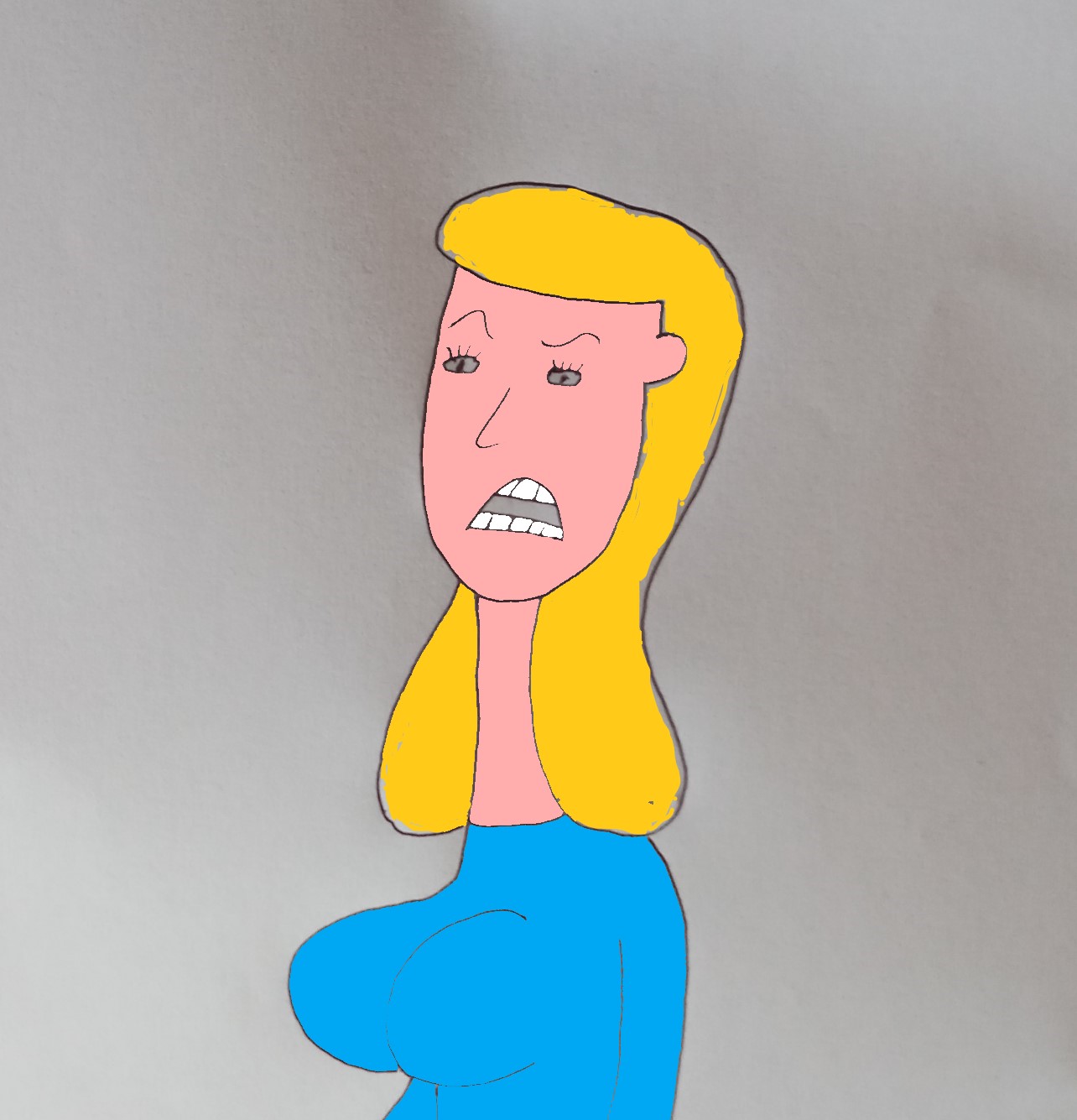
Year
My wife thought she could keep me under her thumb.
She thought she would be my boss but she is really dumb.
When I wouldn't let her boss me around, she punched me as hard as she could.
I knocked her flat on her ass and when it came to hitting her, she didn't think I would.
My wife asked me why did I hit her just because she hit me.
I said because when it comes to men and women, I believe in equality.
She hit me again after she got in my new car and took a dump.
Once again I had to knock her flat on her rump.
She said that I'm mean and she went so far as to call me scum.
She learned the hard way that she won't keep me under her thumb.
She thought she would be my boss but she is really dumb.
When I wouldn't let her boss me around, she punched me as hard as she could.
I knocked her flat on her ass and when it came to hitting her, she didn't think I would.
My wife asked me why did I hit her just because she hit me.
I said because when it comes to men and women, I believe in equality.
She hit me again after she got in my new car and took a dump.
Once again I had to knock her flat on her rump.
She said that I'm mean and she went so far as to call me scum.
She learned the hard way that she won't keep me under her thumb.